17 Things Rich People Have Ruined for the Rest of Us
Money changes everything—sometimes for the better, but often at the expense of what once felt pure, accessible, or just plain fun. It’s not always intentional, but when wealth enters spaces where it didn’t exist before, it usually ruins it for everyone else. Let’s explore how some of the simplest joys and traditions have been transformed, often for the worse, when exclusivity and luxury take over.
Thrifting

Credit: pexel
If you’ve ever stepped into a thrift store hoping to find a quirky outfit or an old book that smells like someone’s attic, you’ve probably noticed the vibe has changed. What used to be a budget-friendly hunt for hidden treasures now feels like a battle against influencers on a mission. You’re there looking for $3 jeans, and they’re carting off racks of “vintage” finds to resell at five times the price.
Towns Around the Country
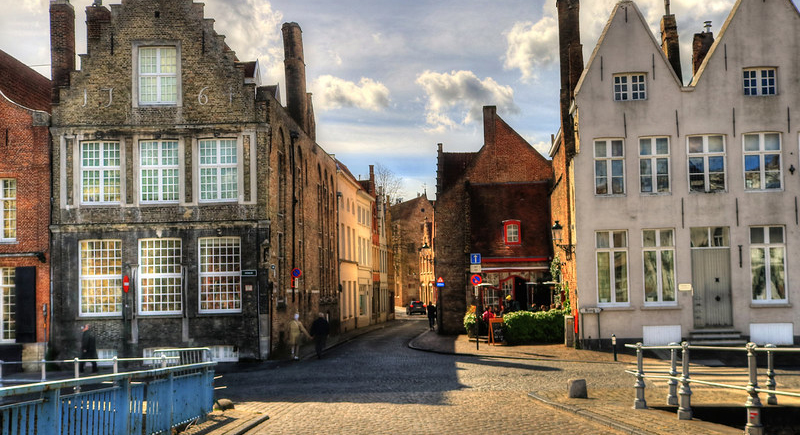
Credit: flickr
As you walk through places like Austin or Asheville these days, you can almost remember the gritty, artsy, full-of-soul lay of the land. All of that has been drowned out by the hum of Teslas and boutique fitness classes. Sure, the streets are cleaner, the restaurants more polished, but you can’t help but feel like the heart of these towns is hidden behind a paywall.
Food Trucks

Credit: pexels
We still remember when food trucks were the go-to for lunchtime. You could grab a perfectly messy taco or a hot dog smothered in onions without worrying about your bank account. Over time, trucks have gone pretty bougie, serving items like “locally sourced wagyu sliders” for the cost of a sit-down meal. The food’s great, don’t get us wrong.
Trucks
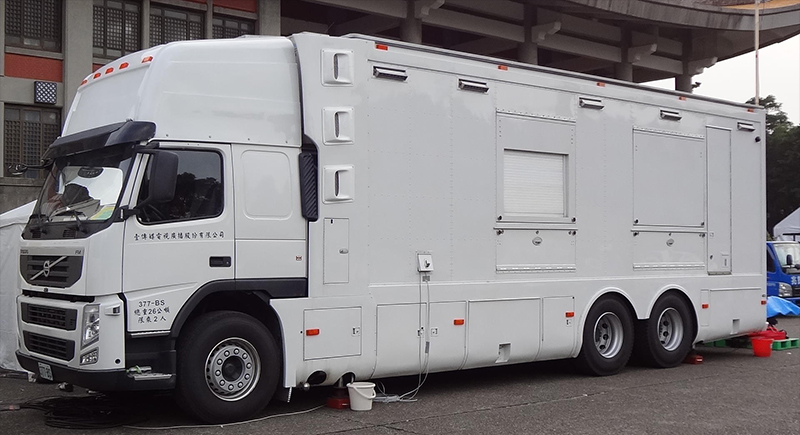
Credit: Wikimedia Commons
The original purpose of trucks was to haul lumber, carry tools, and smell like sweat and grit. As rich people got into the market, trucks can now be seen with heated seats, panoramic sunroofs, and touchscreens big enough to watch a movie. They’re more likely to be parked outside a yoga studio than a construction site. The people who actually need trucks for work are the ones least likely to afford them.
Coastal Property
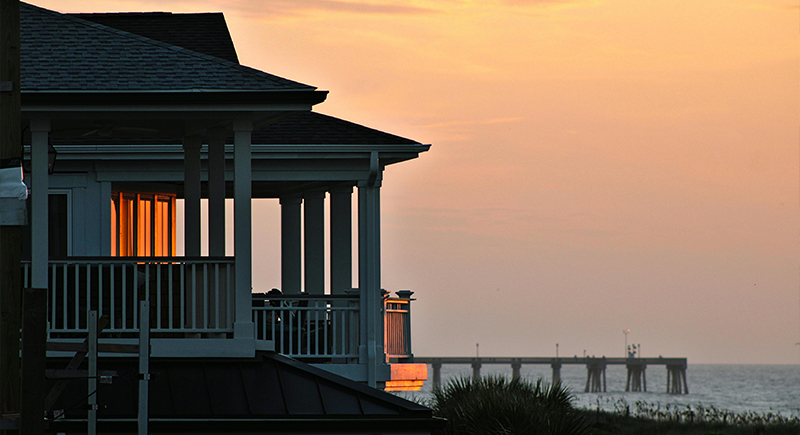
Credit: pexels
The idea of a little beach shack, somewhere quiet and simple, is about as realistic as finding a unicorn these days. Coastal towns have turned into playgrounds for the wealthy, with private beaches and gated communities making it clear who belongs and who doesn’t. Even if you just want to spend the day at the shore, you might have to pay a premium for parking—if you’re lucky enough to find public access at all.
Collectibles
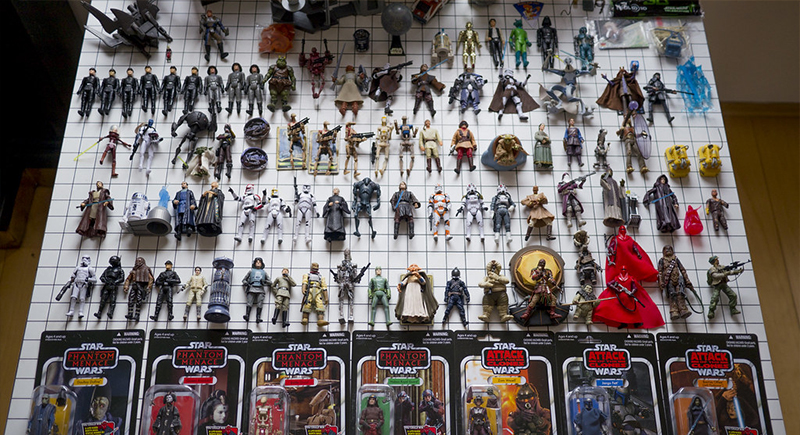
Credit: flickr
Collecting used to be about stories. You’d find a comic book or a baseball card, and it would spark memories of your childhood or connect you to a piece of history. The resale value was only the bonus point. Nonetheless, that didn’t stop people from using them as commodities, auctioning them off to the highest bidder. When a Pokémon card sells for more than a house, you start to wonder if the joy of collecting has been lost entirely.
The Internet

Credit: pexels
Remember when the internet was just a wild, untamed space where you could find free information, weird memes, and cat videos? As commercializing has increased, it feels like you can’t click anything without being hit by ads, pop-ups, and subscription prompts. Even trying to read a simple article is an exercise in patience.
Concerts
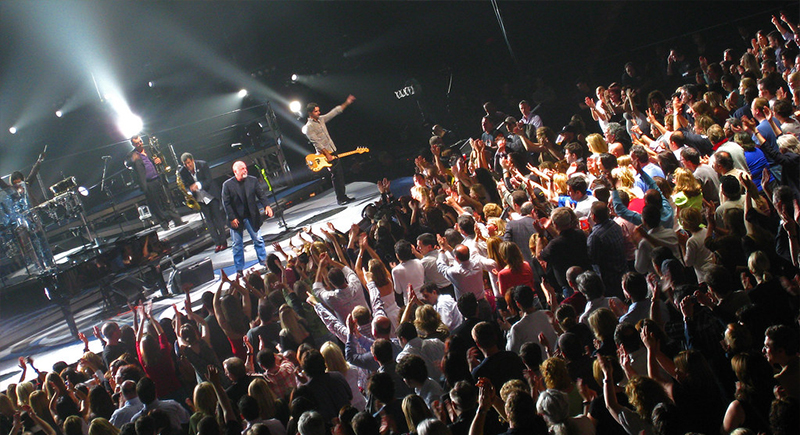
Credit: flickr
There’s nothing quite like live music: the energy of the crowd, the bass you can feel in your chest, the shared love for a band. Unfortunately, the price of a concert ticket makes it hard to enjoy the experience. Between dynamic pricing and resellers, even mediocre seats cost a small fortune.
Music Festivals
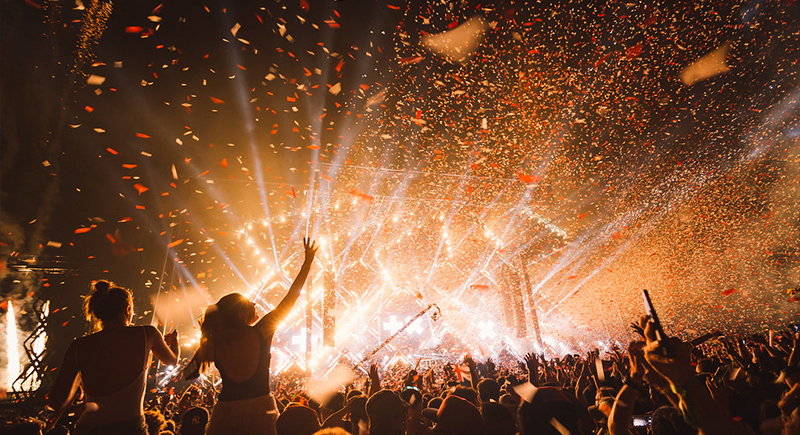
Credit: flickr
Back in the day, music festivals were just a bunch of people vibing and finding cool new bands. If you’ve visited one recently, you may have noticed them packed with VIP lounges, luxury yurts, and influencers treating the experience like a photo shoot. Instead of connecting with the music, people are lining up for $20 smoothies and the “immersive” light show. The music’s still there, sure—but it’s surrounded by velvet ropes and overpriced snacks.
Live Sporting Events
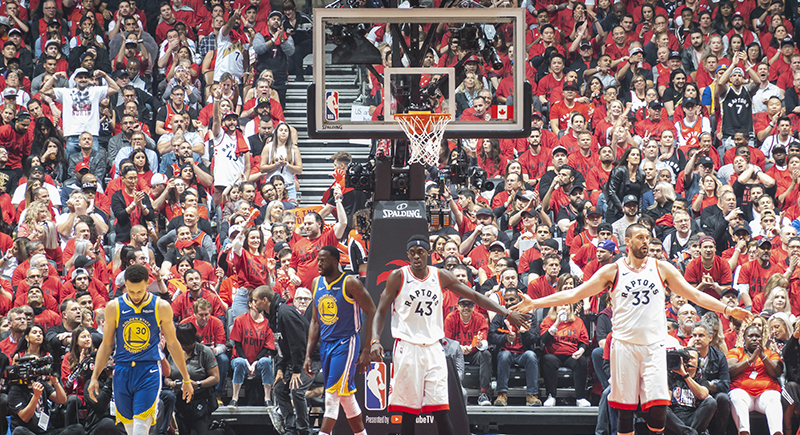
Credit: Wikimedia Commons
Live sports were all about purchasing cheap tickets, grabbing a foam finger, and cheering on your team with a hot dog in hand. Attending a game now is no less than a luxury outing, with corporate boxes dominating stadiums and ticket prices that make you question your loyalty. Even if you’re lucky enough to get in, the $12 beers and $50 parking fees don’t make it any easier.
Camping

Credit: flickr
Securing a campsite used to be pretty easy and affordable. But the new version of this trend–also known as glamping–has turned it into something else entirely. Instead of tents and sleeping bags, you’ve got luxury cabins with catered meals and private bathrooms. It’s nice, sure, but it’s not camping. For those of us who just want to pitch a tent and rough it, the rising costs of campsites and overcrowded parks are making it harder to enjoy the great outdoors.
Going to the Theater
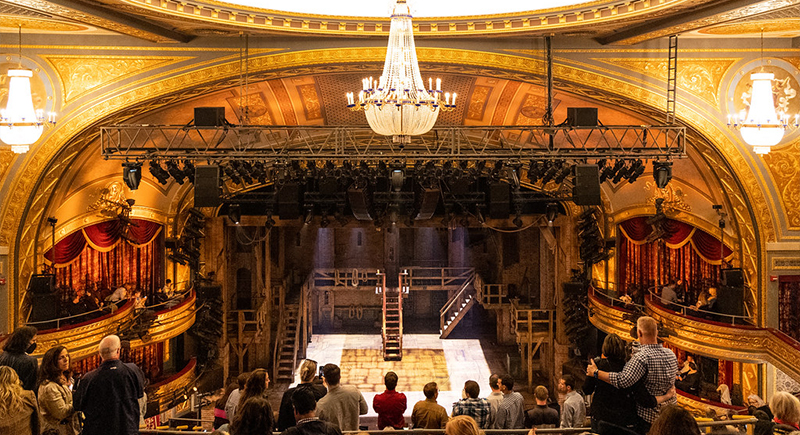
Credit: flickr
Even a basic ticket in the theater these days can cost you more than a small fortune, and all of the premium seating feels like it’s reserved for an exclusive club. You can totally forget about the times when you could hit the movies after school with nothing but some lunch money and a couple of friends.
Airbnb

Credit: Wikimedia Commons
Airbnb started as a way to find quirky, affordable places to stay while traveling. It had charm, it felt personal, and it didn’t break the bank. We’re not exactly sure how it lost track of that, but now, Airbnb feels more like a hotel chain with cleaning fees that could fund a night out. In some cities, it’s made housing unaffordable for locals and transformed entire neighborhoods into revolving doors for tourists.
Old-School Ski Mountains
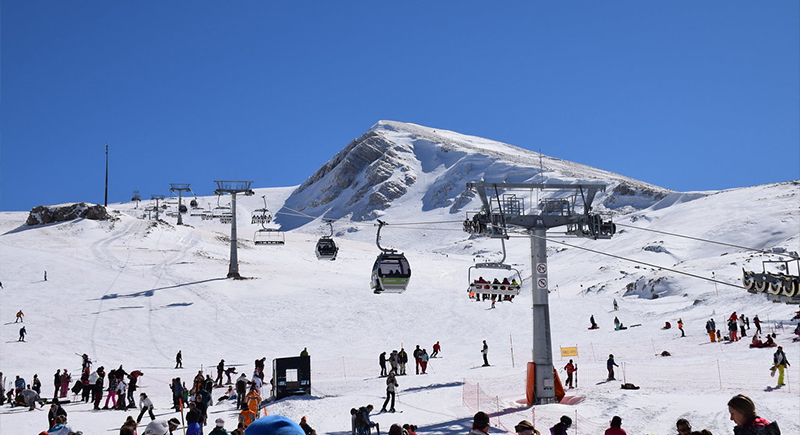
Credit: flickr
There was a time when ski resorts were the kind of places where everyone knew the lifties by name, and après-ski meant a cheap beer at the lodge. These days, many mountains have been bought up by corporations, trading charm for sleek amenities. Lift tickets cost more than a weekend vacation, and the “local ski bum” vibe has been replaced by designer jackets and valet parking.
Farmers Markets
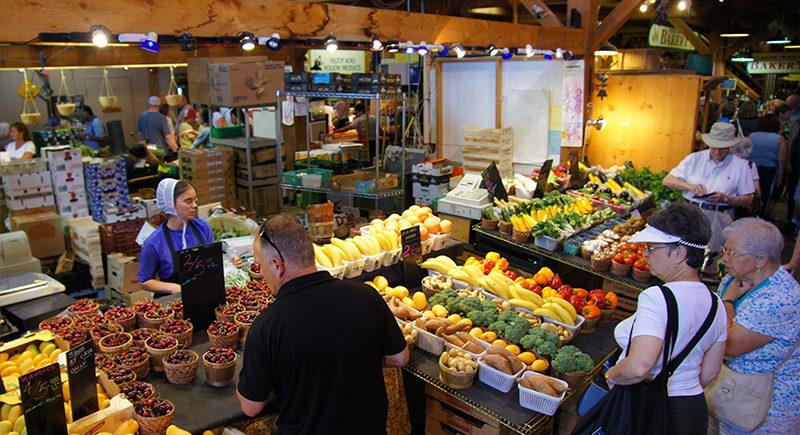
Credit: Wikimedia Commons
Farmers markets were intended to help people connect with local growers and snag fresh, affordable produce. You’d wander through stalls, pick out a few apples, and chat with a farmer about their crop. We blame the gram aesthetic for turning them into trendy hotspots where artisanal honey and organic sourdough come with price tags that rival high-end grocery stores.
Art Galleries
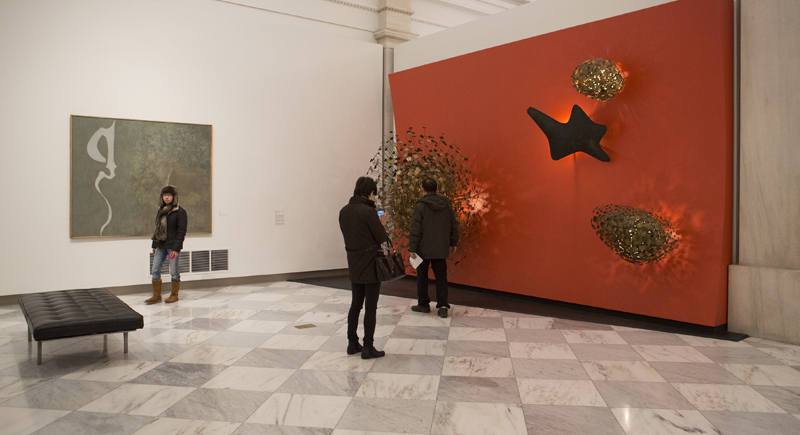
Credit: Wikimedia Commons
As wealthy collectors dominate the art market, galleries are increasingly catering to them rather than to everyday visitors. Exhibitions are often curated to match high-end tastes and investment trends. While technically public, these spaces now feel exclusive, driven less by artistic discovery and more by the spending power of a privileged few.
Street Art
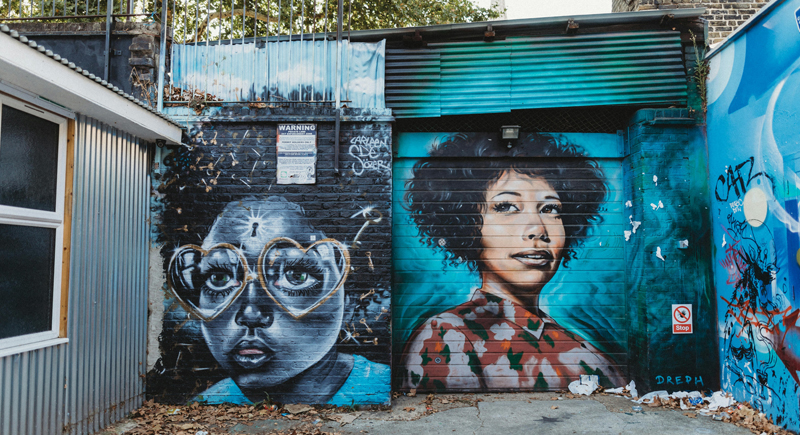
Credit: pexels
Street art once symbolized free public expression, but its rising commercial value has altered its purpose. Works by artists like Banksy now sell for millions, sometimes literally removed from walls. Many murals today are commissioned by developers for branding, turning a once rebellious art form into curated urban decoration.